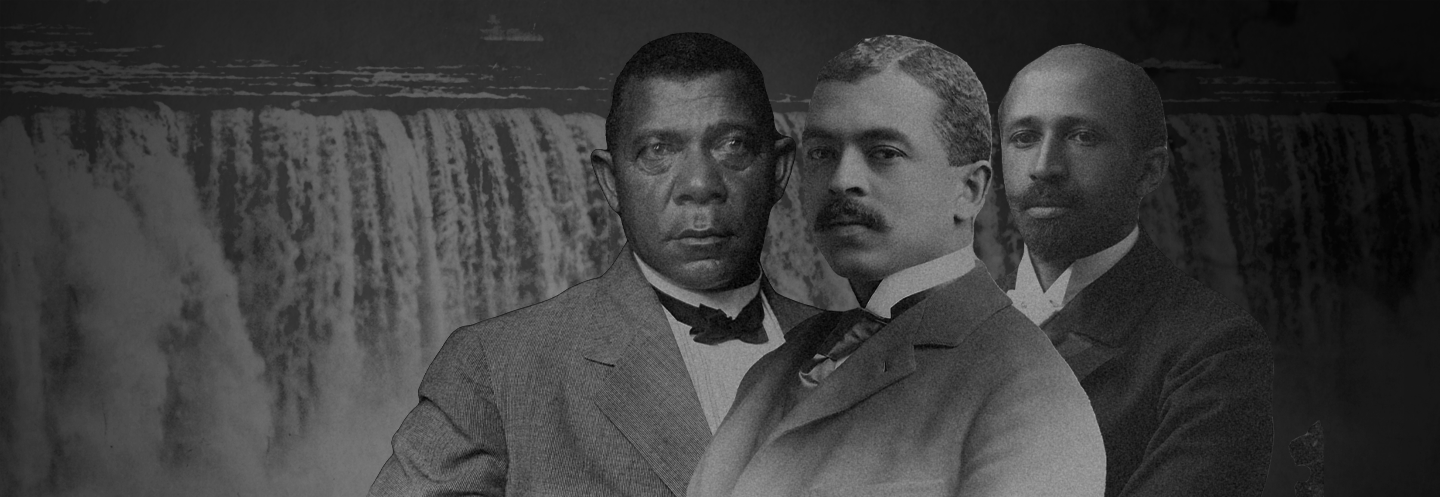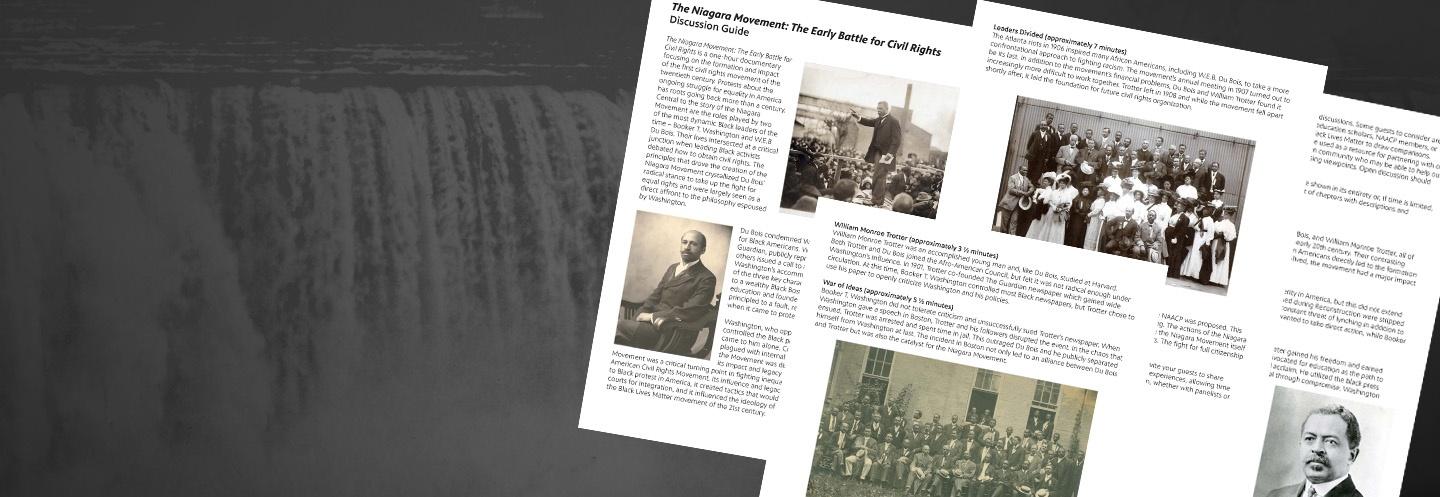
Showcase
The Niagara Movement: the Early Battle for Civil Rights, a powerful hour-long documentary by WNED PBS, delves deep into the movement’s pivotal role in shaping the civil rights landscape. The documentary explores the Black elite and intellectual society at the turn of the 20th century and examines the heated debate and conflict W.E.B DuBois and William Monroe Trotter had with Booker T. Washington on how to best uplift the race and secure equality for Black Americans.
In July 1905, a group of 29 men, including Black intellectuals, clergy, writers, newspapermen, and activists, was formed and led by a young sociologist, W.E.B. DuBois. The group adopted the resolutions which lead to the founding of the Niagara Movement. Its Declaration of Principles stated, in part: “We refuse to allow the impression to remain that the Negro-American assents to inferiority, is submissive under oppression, and apologetic before insults.”
The Niagara Movement was, in large part, a repudiation of the methods of Booker T. Washington, the unchallenged leader of Black liberation at the time. This was a time of widespread violence against Black Americans, as the end of Reconstruction brought oppressive Jim Crow laws and widespread lynching. How were Black Americans to respond to this oppression? Washington argued that the progress for Black Americans depended on practical but limited education – that legitimate protest against white supremacy would only make things worse, and that rights were secondary to survival. The formation of the Niagara Movement was a counter-movement: a national group dedicated to accepting nothing less than full civil rights.
Although the Movement was disbanded only four years after its inception, its impact and legacy have proven long-lasting. The Niagara Movement was a critical turning point in fighting inequality and it laid the cornerstone of the modern American Civil Rights Movement. Its influence and legacy are wide: it changed the tone and approach to Black protest in America, it created tactics, such as fighting in the courts for integration, that would be used by the NAACP, and it influenced the ideology of both the “black power” movement of the 1960s and the Black Lives Matter movement of the 21st century.
The Niagara Movement: the Early Battle for Civil Rights premiered November 6, 2023 on WNED PBS. The film will be distributed by American Public Television in February 2024 to public television stations across the country (check local listings). The film will be available on
the PBS app in February 2024. The Niagara Movement: the Early Battle for Civil Rights will air on The World Channel Monday, February 12 at 8pm ET, Tuesday, February 13 at 1am ET, and Sunday, February 18 at 5am ET.
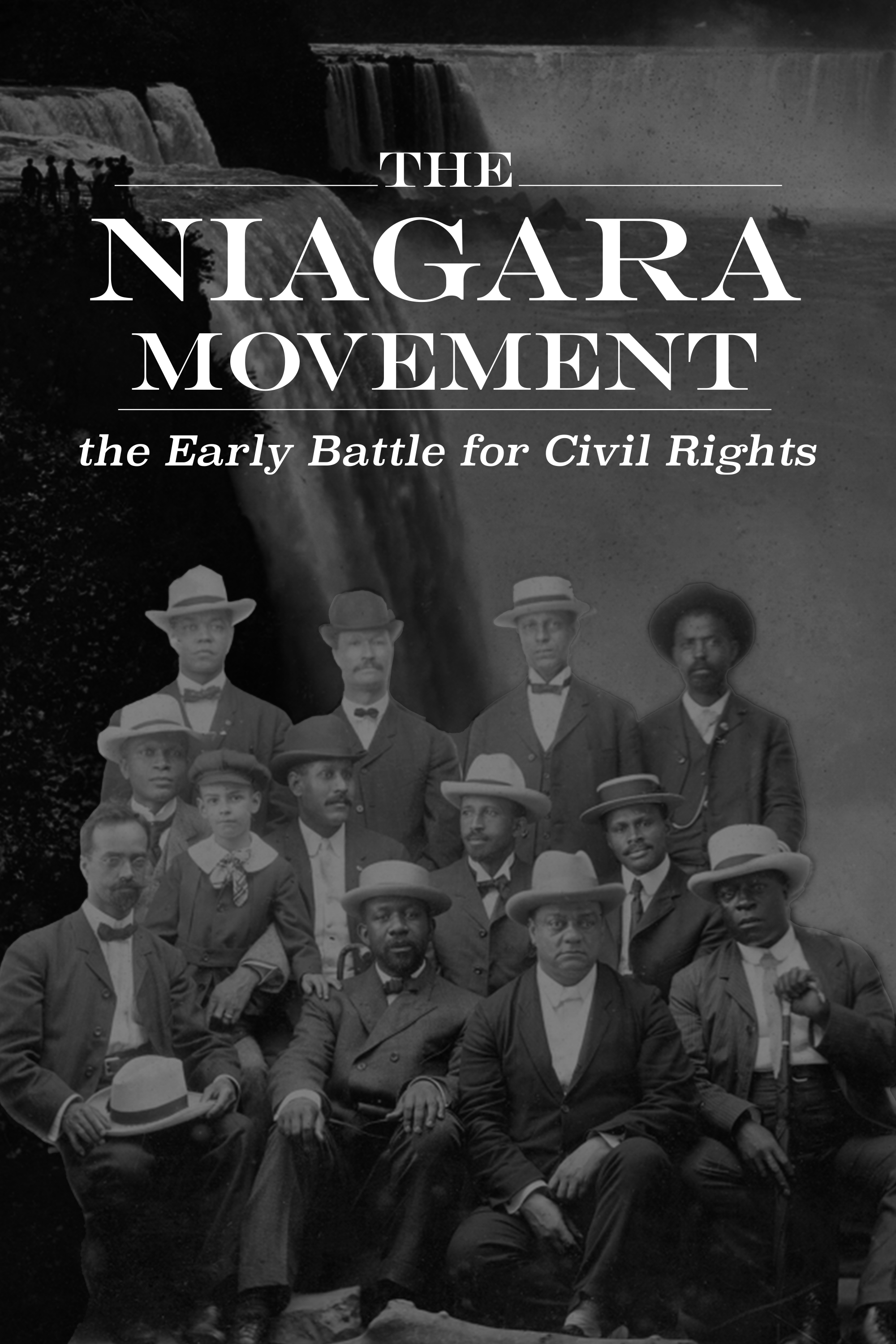
WATCH
The Niagara Movement | The Early Battle for Civil Rights
The Niagara Movement | The Early Battle for Civil Rights | Trailer
2:09
Published:
The early battle between Black civil rights leaders over the path to secure equality.
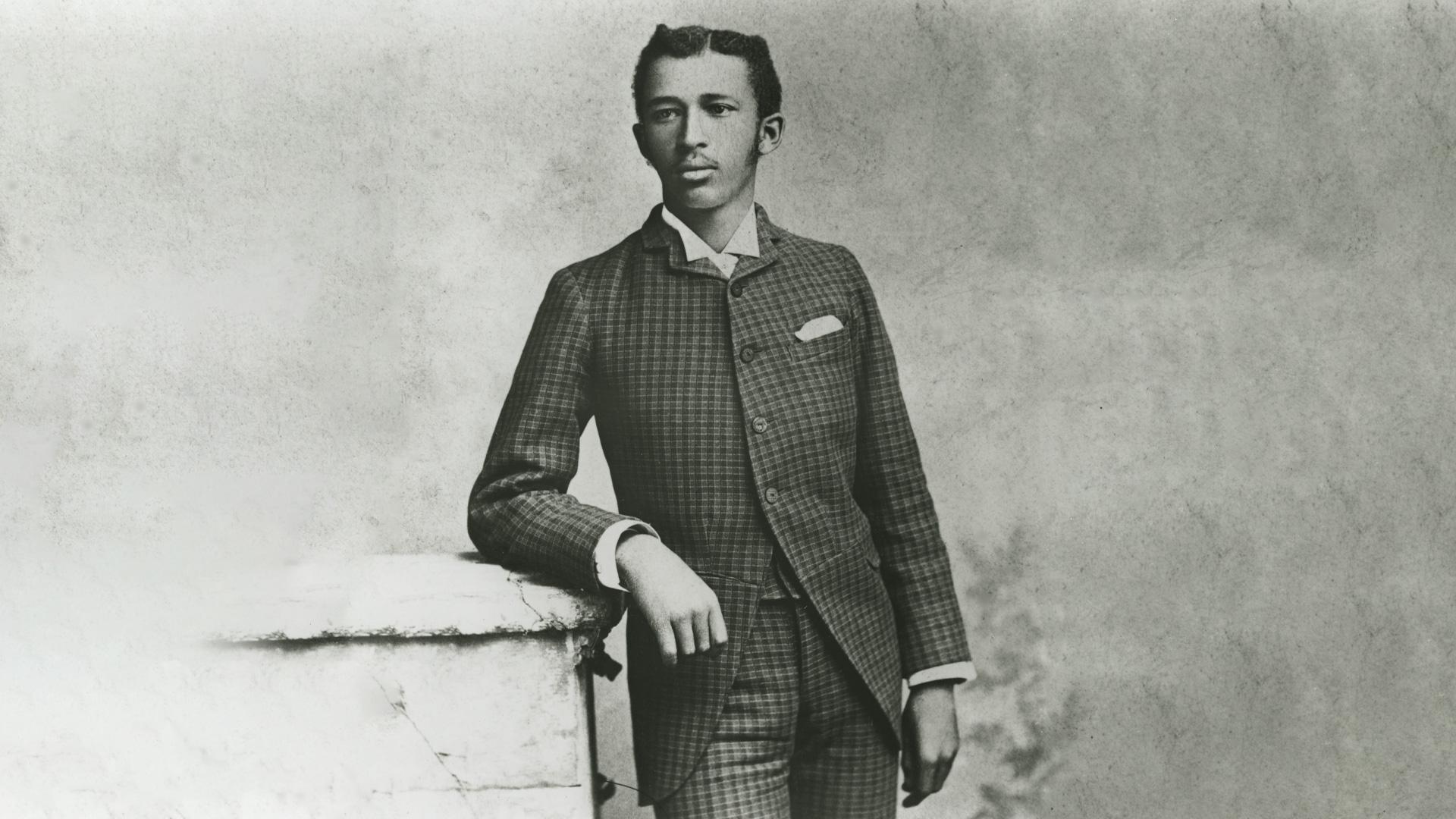
W.E.B. DuBois
from the NY Public Library
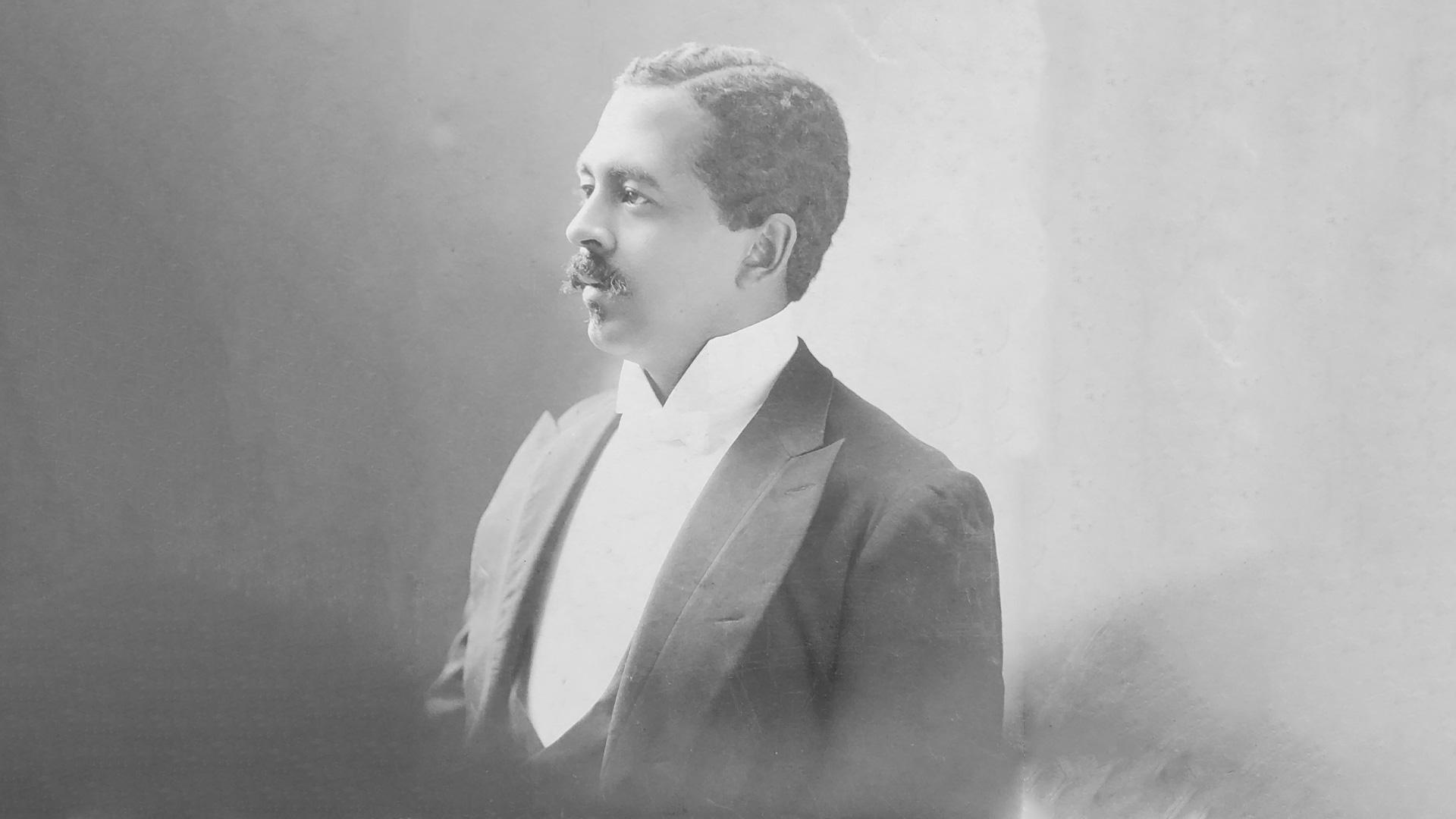
William Monroe Trotter
Peggy Preacely
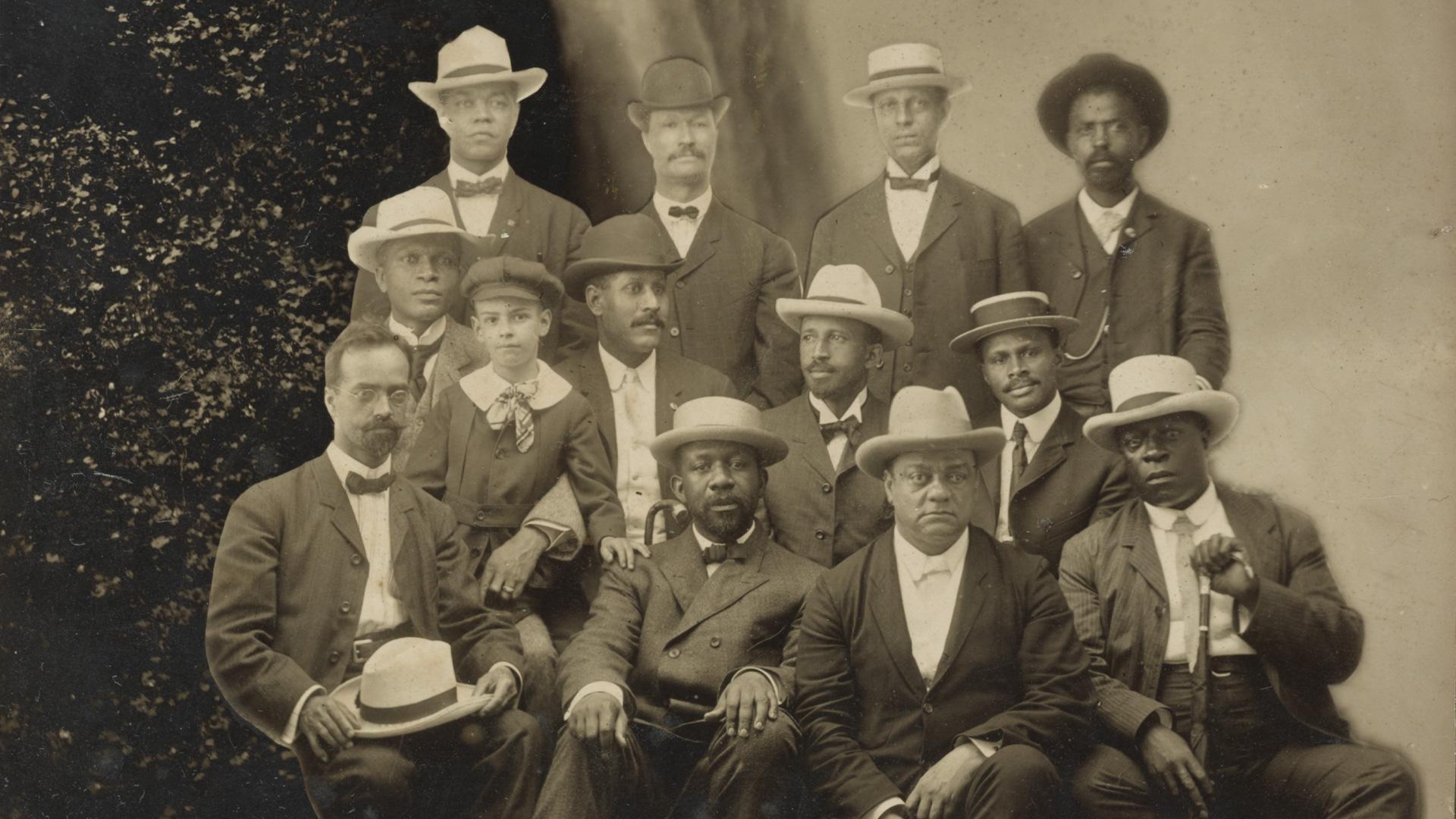
First Meeting
W.E.B. DuBois Papers, Robert S. Cox Special Collections
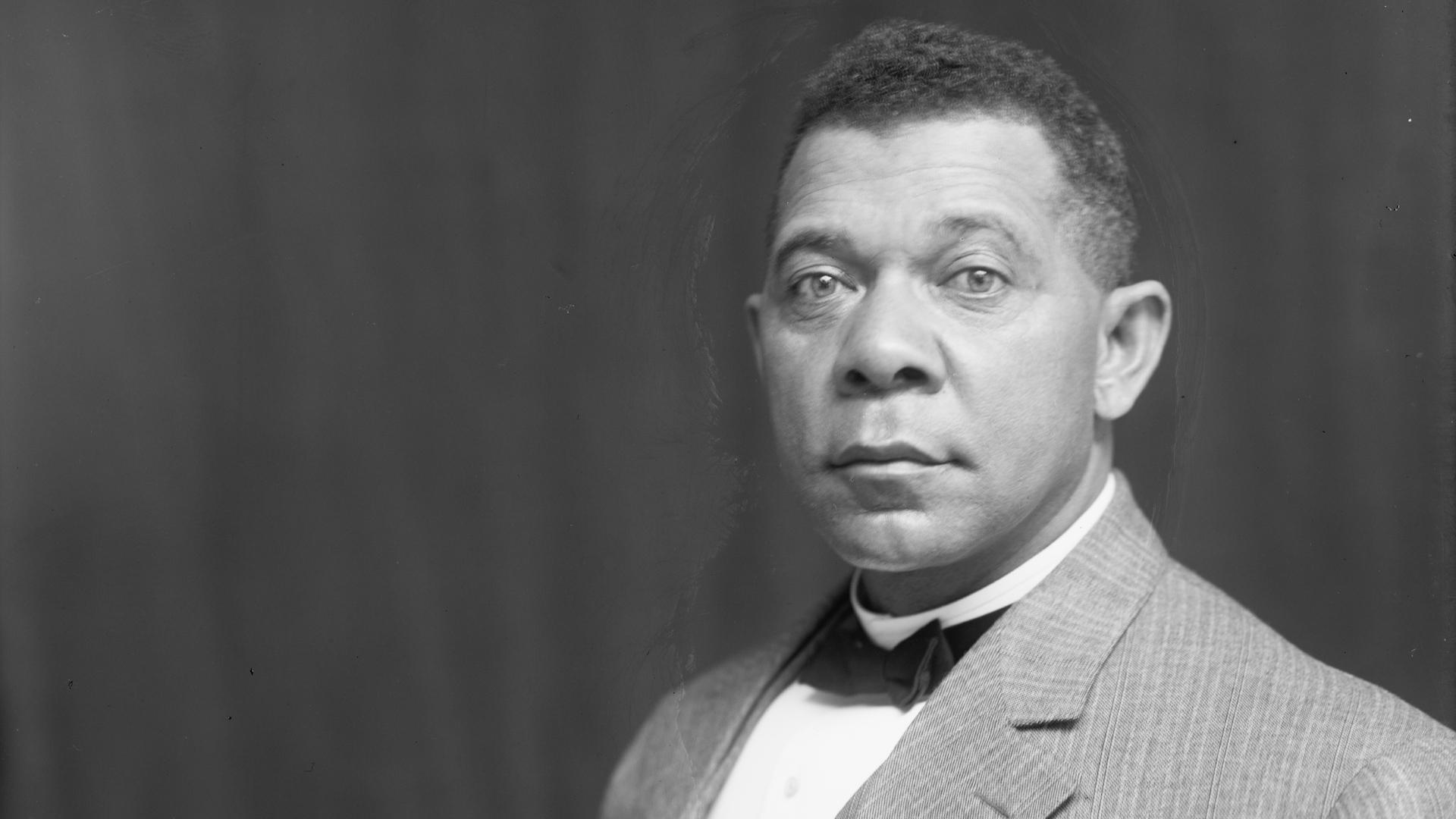
Booker T. Washington
Library of Congress
Booker T. Washington, W.E.B. Du Bois, and William Monroe Trotter were the most influential African American leaders of the early 20th century. Their contrasting responses to segregation and violence inflicted upon African Americans directly led to the creation of the Niagara Movement.

